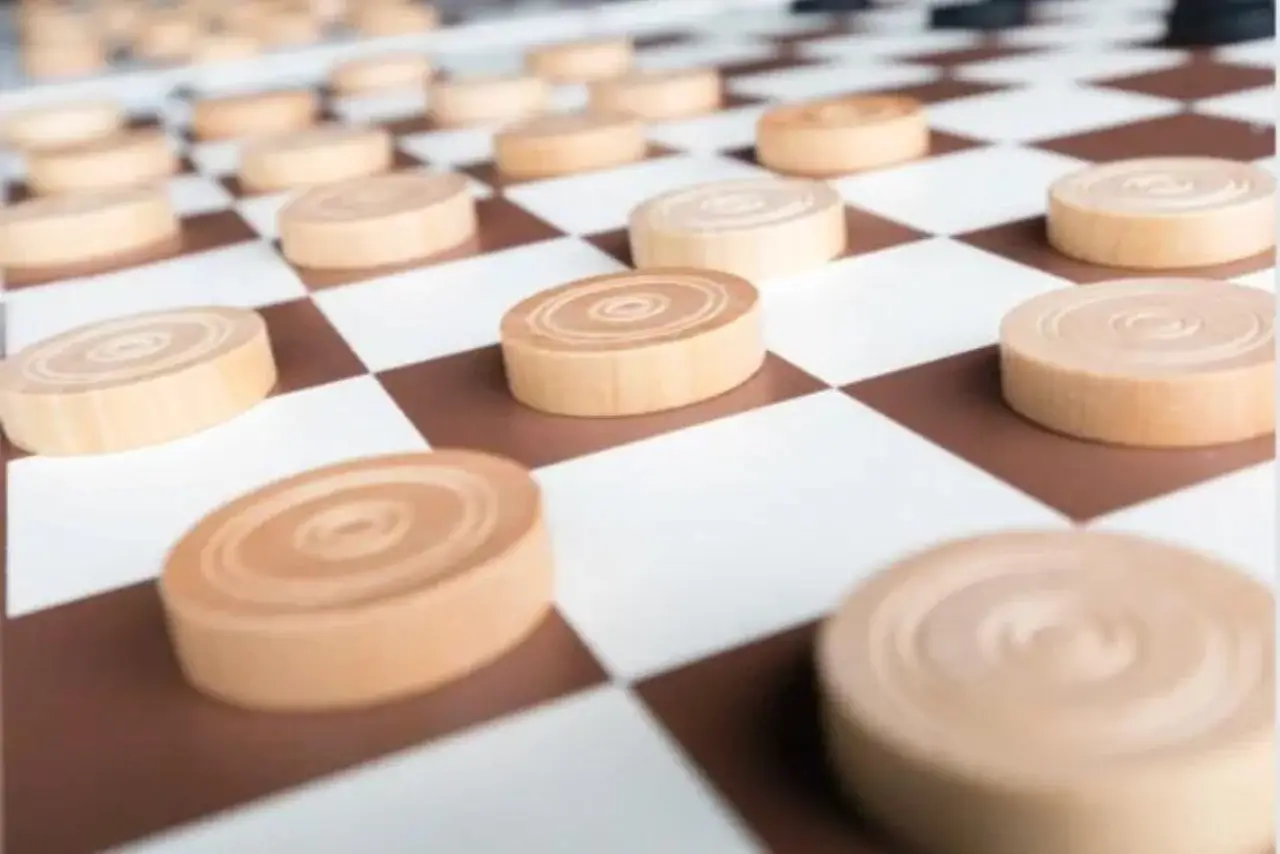Chess is a fantastic game that can reap rewards both mentally and emotionally, though this may not be a game for everyone. We’ve compiled a list of eight alternatives for those seeking a good strategy game to learn.
Why Chess May Not Be for You
Chess’s intricate strategies and sometimes prolonged matches may not align with those who prefer quicker decision-making and varied gameplay. If you’re drawn to games with simpler rule sets or a more casual social atmosphere, chess’s strict rules and intense one-on-one competition might feel less appealing. Chess demands a significant time investment to master, and if you’re looking for a leisurely gaming experience without the steep learning curve, exploring alternative board games could provide a more enjoyable fit for your preferences.
Here are our top 8 picks for an exciting change:

This post contains affiliate links. Please read our disclosure.
1. Checkers
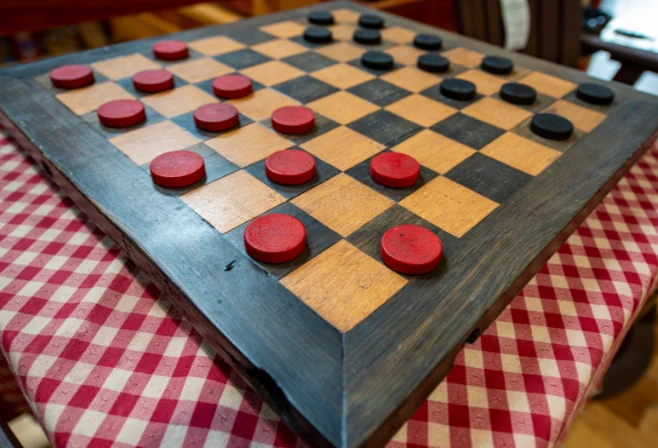
Checkers, also known as draughts, is a two-player strategy board game where players aim to capture their opponent’s pieces by jumping over them and ultimately reach the opposite end to crown their pieces as kings. Dating back over 4,000 years, checkers has evolved through various cultures, becoming a timeless favorite globally due to its simplicity masking strategic depth.
2. Backgammon
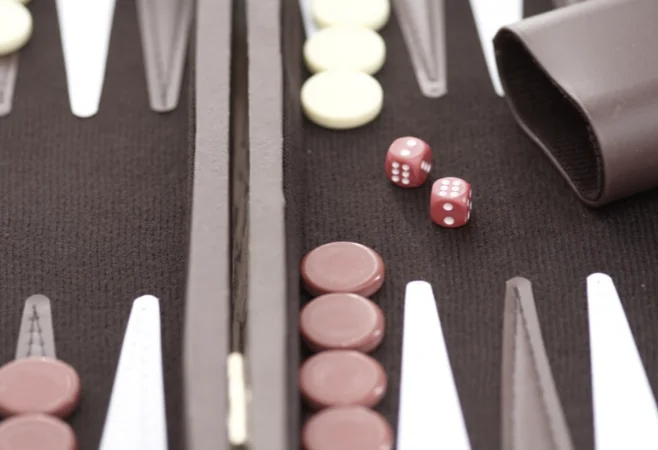
Backgammon is a dice-driven game for two players that combines luck and strategy as players race to move their pieces off the board while strategically blocking their opponent’s progress. Originating over 5,000 years ago in Mesopotamia, backgammon’s enduring appeal lies in its blend of chance and skill, making it one of the oldest known board games still played today.
3. Othello

Othello, also known as Reversi, is a strategic board game for two players where the goal is to have the majority of your colored discs on the board by flipping your opponent’s discs. Invented in 1883, Othello gained popularity in the 1950s, offering a deep yet accessible gaming experience through simple rules and complex strategies.
4. Uno
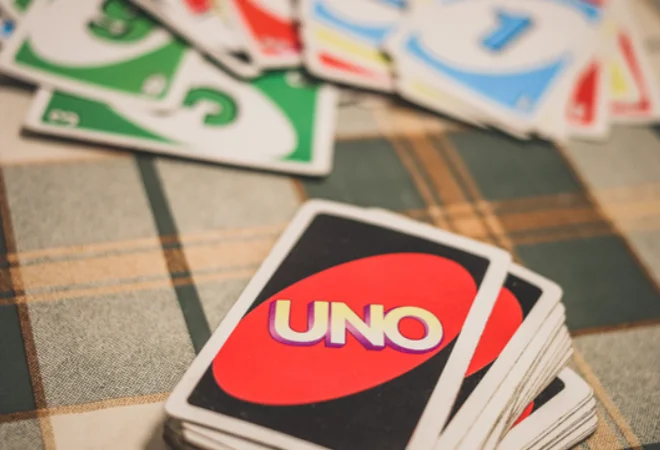
Uno is a popular shedding-card game that involves matching cards by color or number with special action cards adding twists. Created in 1971 by Merle Robbins, Uno has become a global sensation, known for its straightforward rules and lively gameplay, making it a staple in family game nights.
5. Game of Ur
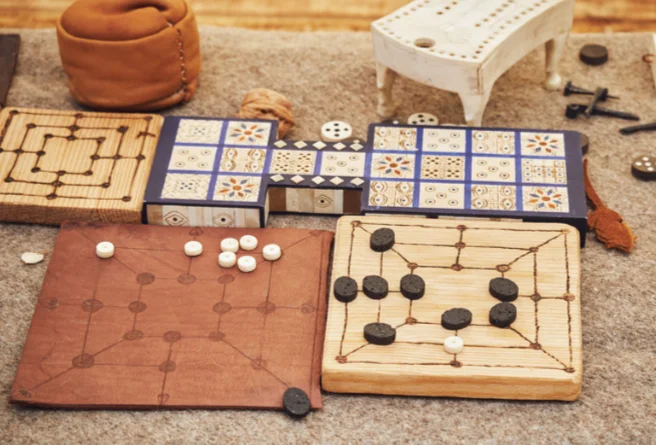
The Royal Game of Ur, an ancient race game played with dice and distinctive pyramid-shaped pieces, sees players racing to move their pieces across the board using a blend of strategy and luck. Originating around 2600-2400 BCE in Mesopotamia, the Royal Game of Ur is one of the oldest-known board games, providing insights into ancient gaming through archaeological discoveries.
6. Mahjong
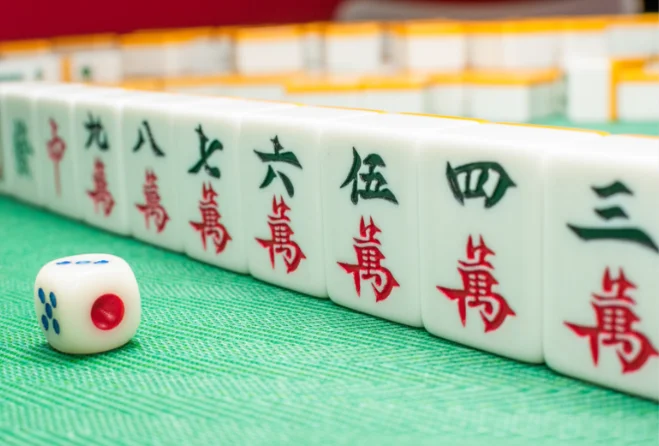
Mahjong is a tile-based game involving matching tiles to complete sets. This game requires skill, strategy, and a bit of luck. Originating in China during the Qing dynasty, Mahjong has evolved over centuries, gaining popularity in the West in the 20th century and remaining a widely enjoyed game worldwide.
7. Mancala

Mancala is a family of board games played worldwide and involves sowing seeds or stones to capture an opponent’s pieces and strategizing for victory. With ancient origins found in archaeological sites across Africa and the Middle East, Mancala has adapted and diversified over time.
8. Game of Go
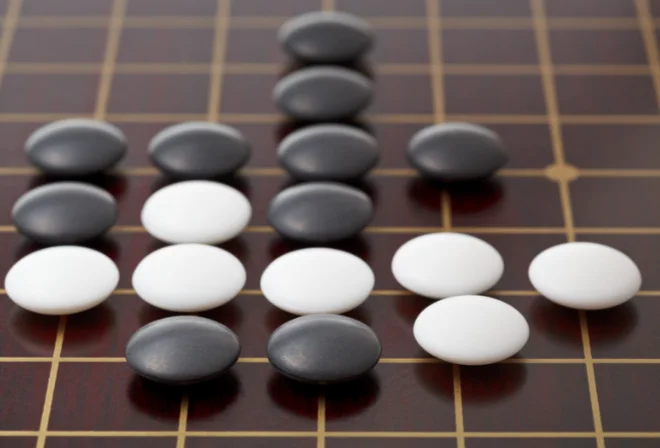
The ancient game of Go, where players strategically place stones on a board to dominate territory, traces its roots back to China more than 2,500 years ago. This captivating game subsequently traversed borders, captivating players in Japan, Korea, and beyond. Go’s seemingly simple rules unfold into intricate strategic possibilities, adding to its timeless allure.
Online Resources and Communities
Explore these online resources and communities to learn the rules of each game and connect with fellow enthusiasts:
1. Checkers Rules
2. Backgammon Rules
3. Othello Rules
4. Uno Rules
5. Game of Ur Rules
6. Mahjong Rules
7. Mancala Rules
8. Game of Go Rules
